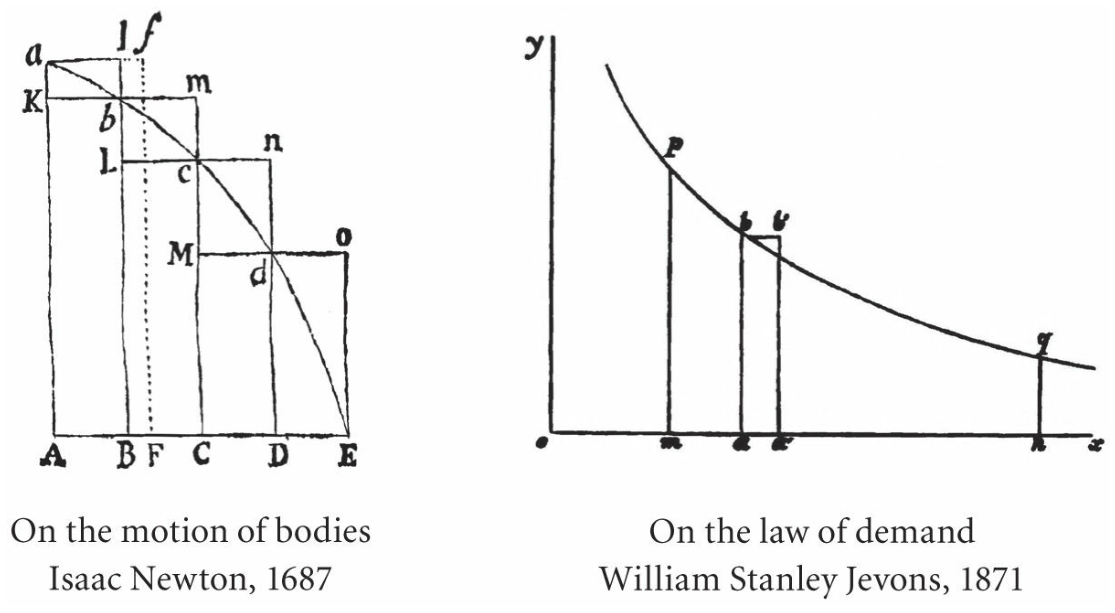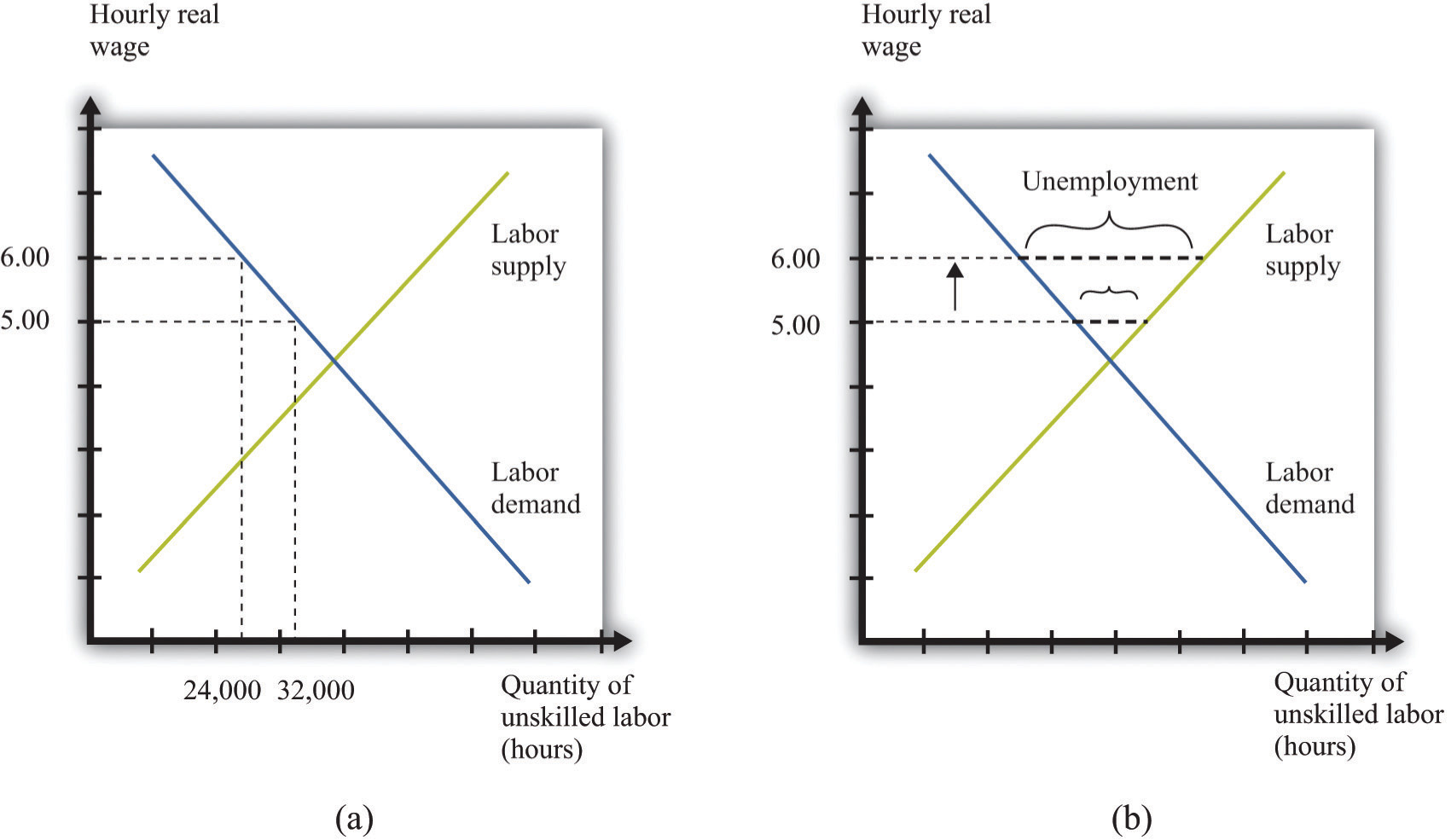

Im not sure what you mean when you say you don’t want historical content, since that is what documentation is. Other than that there are fictional stories if that’s what you are looking for?


Im not sure what you mean when you say you don’t want historical content, since that is what documentation is. Other than that there are fictional stories if that’s what you are looking for?


Maybe check out Everyday Utopia by Kristen Ghodsee? She writes about different egalitarian communities in history


For context: Germany is one of the biggest arms suppliers to Israel, accounting for around 30% of the military equipment imported to Israel (the other 70% being USA).


How does avoiding any diplomatic solution to the conflict and encouraging Ukrainians to sacrifice themselves for “democracy” actually stop Russia from wiping out Ukraine? It seems that the EU has only exacerbated the destruction of Ukraine, no? And no I am not a big fan of Putin.


im not accusing lemmygrad members of this, im just very triggered by westerners travelling to non-imperial core countries, then coming back saying “wow everything is so cheap there :)” without actually considering the material conditions of the local population.


Yeah I feel like a lot of people miss that point. Wages are still low, especially outside major cities. Not to mention the unequal distribution. Also for instance the cost of living in Turkey is also lower than the West, but it doesn’t mean that the people living there can actually afford it. It only serves westerners who get to spend a cheap vacation there.


My question would be, why do we want to model supply and demand in the first place? As we see in liberal economics, supply and demand is just used as a justification for pushing deregulation policies. if you want to use the model for other means, the problem is that it’s only useful in markets of perfect competition, which are very rare. perfect competition occurs where there are virtually infinite producers (because the barrier to entry is super low) and the products are identical. i like the example of apples or potatoes in a farmers market. producers have to set the ‘market price’ because otherwise people will buy the other thing that’s the same and cheaper (but then you assume that people don’t have a favourite stall, all the producers haven’t colluded etc etc). most of the time you have a monopoly or oligopoly situation, so supply and demand equilibrium becomes meaningless, because the firms can set any prices they want.
for recommendations, i like unlearning economics I like his debunking of liberal econ (disclaimer that i disagree with his views on market socialism and LTV). check out the ‘death of econ 101’ video for supply and demand stuff. Doughnut Economics which i mentioned is a pretty good debunking of models that advocate for growth and free markets, it’s a light read. it is more focused on sustainability rather than socialism, but i think it’s good at suggesting alternative ways at looking at an economy. for instance as a cycle rather than an intersection of lines (Marx did it first but whatever, i like cool graphs). i would also recommend looking into the field of behavioral economics, since it’s whole purpose is to debunk the liberal claim that people in a market are ‘rational actors’.
i also recommend this course on economics4emancipations website for a brief socialist oriented economics course (not really about debunking though). it has really good readings suggestions as well.
i guess my main point would be just to keep in mind when looking at a model: what does this assume about humans and relations? what is the goal of the person presenting the model? is this model backed up with statistically significant evidence?
sorry for the a bit long reply, it’s my area so i have quite some thoughts on it. would love to answer any more specific questions anytime too


essentially yes. you will can only observe the equilibrium price, and the curves are an abstraction of all the possible interactions of producers and consumers in a competitive market. there are ways of deducing these curves, but they are kinda tautological. also like, the curves were made curves only because it looked like newton’s graphs, which makes them more scientific by association (pic from Doughnut Economics by Kate Raworth).



Antonio Gramsci’s work on hegemony could be interesting. These topics are still quite broad, like technology, trends or social media. What information specifically are you looking for? What is your goal?


Changes in supply and demand explain why changes in prices happen (in a perfectly competitive market), not where those prices come from in the first place (see lemmygrabers comment). The issue in liberal economics is applying this model to things that have many more factors (labour, housing). For example saying that minimum wage distorts the market and causes unemployment:
 Clearly policymakers are attempting to depoliticise a very political issue by appealing to economics as if it is a natural science. So as marxists we should be aware of how economics is used in class struggle to justify certain actions. The minimum wage thing was disproven quite some time ago now, but the issue still persists because the model is seen as some common sense.
Clearly policymakers are attempting to depoliticise a very political issue by appealing to economics as if it is a natural science. So as marxists we should be aware of how economics is used in class struggle to justify certain actions. The minimum wage thing was disproven quite some time ago now, but the issue still persists because the model is seen as some common sense.


I agree with your views, I had the same experiences with older communists. Also hoping that the younger gen can turn things around


is it a problem to be against both?


I agree with the MicrophoneFiend that these are all deep and diverse topics. For question 2 I would recommend Socialism Betrayed: Behind the Collapse of the Soviet Union by Roger Keeran & Thomas Kenny.
Also keep in mind for questions 1 and 3 that the soviet union existed from 1922 to 1991, conditions and the economy varied immensely. you would have to be more precise which period you are interested in.


Ive read a few articles about using machine learning technologies in medicine (for finding tumors for instance) which actually made me quite optimistic about using AI beyond shitty capitalist grifts


I recommend How europe underdeveloped africa by Walter Rodney if you want to learn more on the topic. In short the answer is that the power came from the development of capitalism in europe.


looking forward to the future when continental travel is completely done by train! would be also a big win for my older relatives who cant travel by plane due to medical conditions. there are just so many pros for trains.


Companies very much prefer one time costs (bunch of equipment) rather than recurring ones (wages). One time costs (1) look better on the balance sheet and (2) are easier to justify to shareholders as they don’t eat into future profits. Businesses basically never base their decisions on math ever.


I would ask for what purpose do you want to read? Which areas interest you most? If you just want to read to learn, then nothing is ‘supplemental’. I would urge you to just read as much as possible and not focus on what reading is more important.
If you are just starting out, I would recommend on the origins of family and Imperialism. If you are having trouble with facts, don’t hesitate to look it up or ask here. It was written 100 years ago after all, so knowing the context helps a lot.

yeah its stanislaw lem! same person who wrote solaris. the game is based on the story of the same name ‘the invincible’. the story in the game is about the same planet as in the book, but with different characters.
I would recommend the book Everything for everyone (https://www.commonnotions.org/everything-for-everyone) which is a fictional account of a near future communist New York.
I would also recommend to not try to seek out an unbiased account of communism, which does not exist. There are a lot of assumptions that go into it and will be of course influenced by the authors biases.